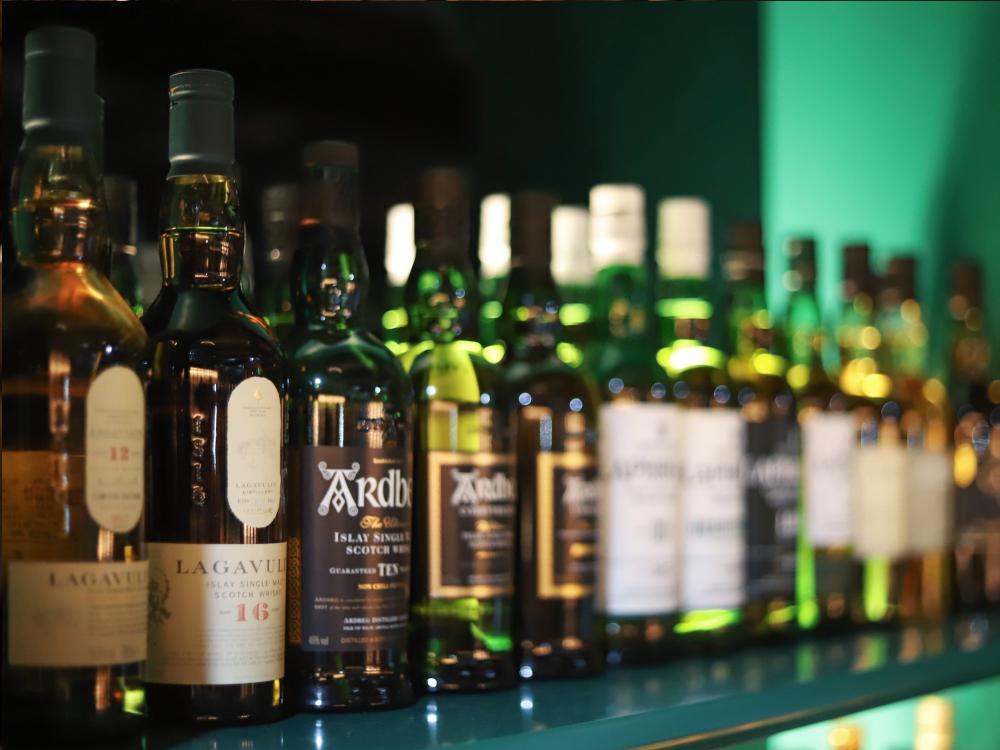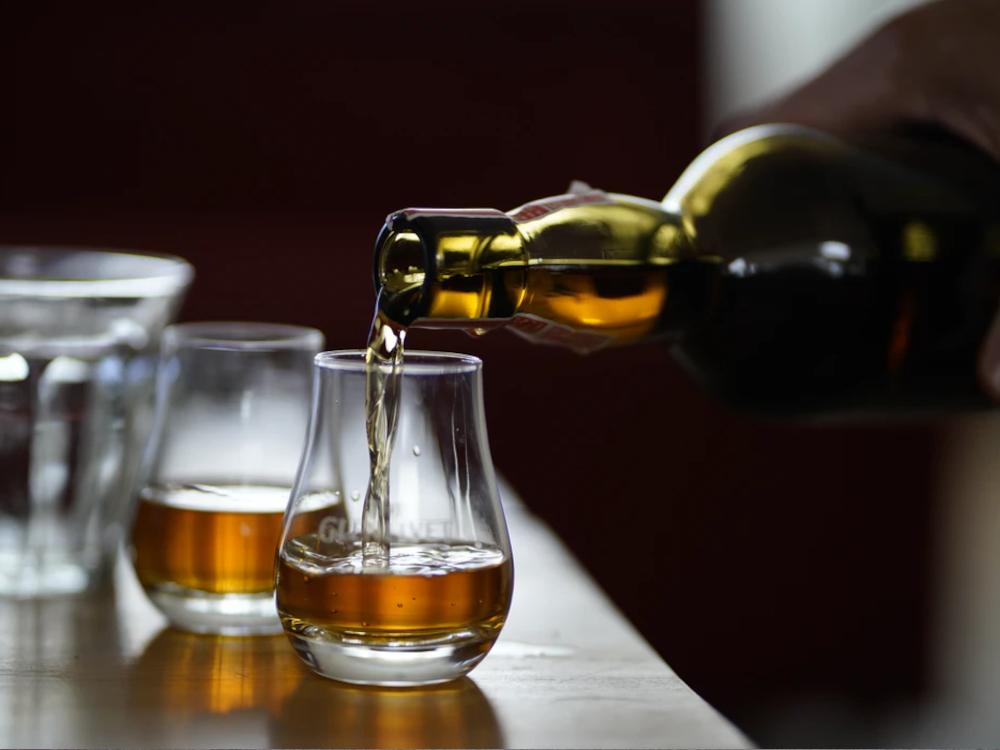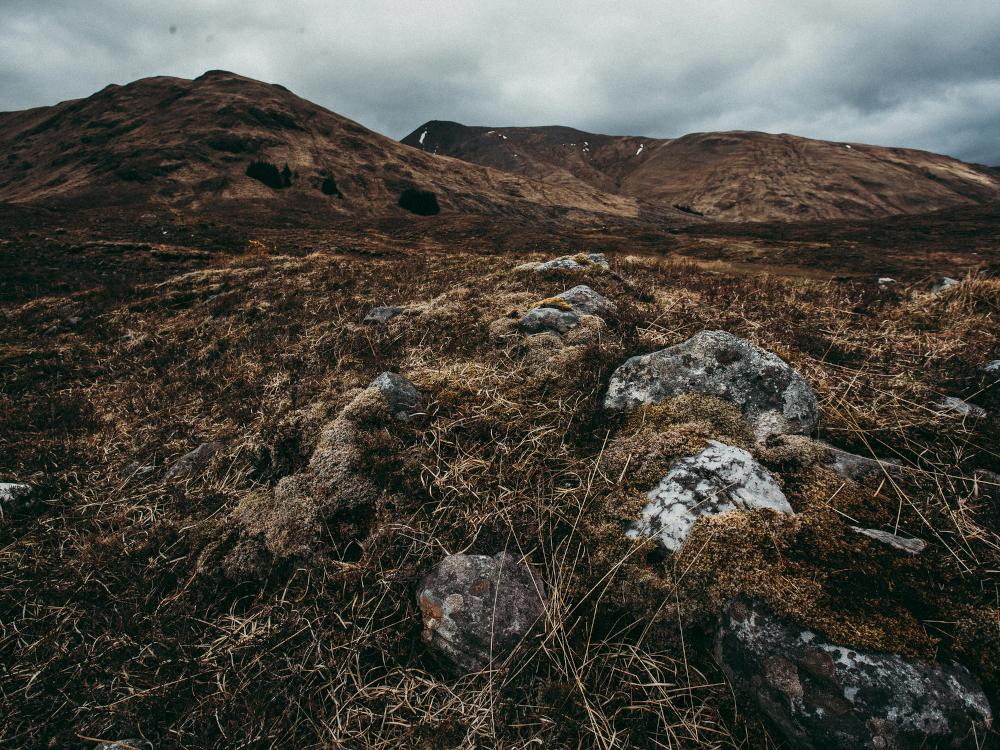Whisky Fundamentals

Almost all whiskies are all blends (or vatted)
Published 14/07/2021
A standard distillery expression is actually the result of blending, or to use the proper term vatting. The industry legally recognises a blend as the mixing of liquid from more than one distillery. Vattings at a single distillery are still called single malt! Vatting is the process of combining multiple barrels of whisky together in order to achieve a consistent flavour. All whiskies unless these are explicitly single cask (and even then on occasion*) are the result of vatting.
Almost all whiskies are all blends (or vatted)
Peat & whisky
Published 14/07/2021
Peated whisky is a divisive area, and one of the most challenging concepts for many first time drinkers, but for a huge number of whisky fans peat is the stuff dreams are made of. Put simply peat is the top layer of a bog, which consists primarily of decaying plant fibers, the peat is harvested in fields and can be cut into blocks with a shovel. Peat is an ideal fuel and has therefore been used for centuries to heat and dry the barley for whisky production.
Peat & whisky
The Truth About Whisky Awards
Published 14/07/2021
Every now and again the newspapers run headlines like: The Scotsman - Scotch Whisky Masters 2021: Top winners include The Sassenach, £15 Lidl blend and 25 year old Bunnahabhain The Independent – Lidl whisky costing £13.49 named one of the best in the world The Metro – Four of Aldi’s whiskies have been named among the best in the world Forbes – Inexpensive Whiskies From Supermarket Aldi Win Gold at 2018 Scotch Whisky Masters As exciting as these headlines sound you will almost certainly not be surprised to learn that that £15 whisky is not actually the best in the world.
The Truth About Whisky Awards
What is a whisky neck pour
Published 10/07/2021
The concept of oxidisation Unlike wine which can continues to mature within a bottle* whisky maturation is entirely cask based meaning that no further maturation will take place once a whisky is bottled. This does not mean however that a whisky will remain the same indefinately even if properly stored. Once opened the effect of additive and reductive oxidisation may improve a whisky for a time, though will ultimately destroy a whisky to such a degree that oxidisation must be guarded against.
What is a whisky neck pour
The languages of Scotland
Published 09/06/2021
Officially there are three languages in Scotland: English, Scots and Gaelic. Almost all Scots speak standard English these days, which is the official and educational language and, as in other countries, is regionally colored with different accents and dialects. English This so-called “Scottish English” does not diverge much in vocabulary and sentence melody from “Oxford English”, but is often difficult to understand in everyday use due to the mixture with Scots for visitors.
The languages of Scotland
